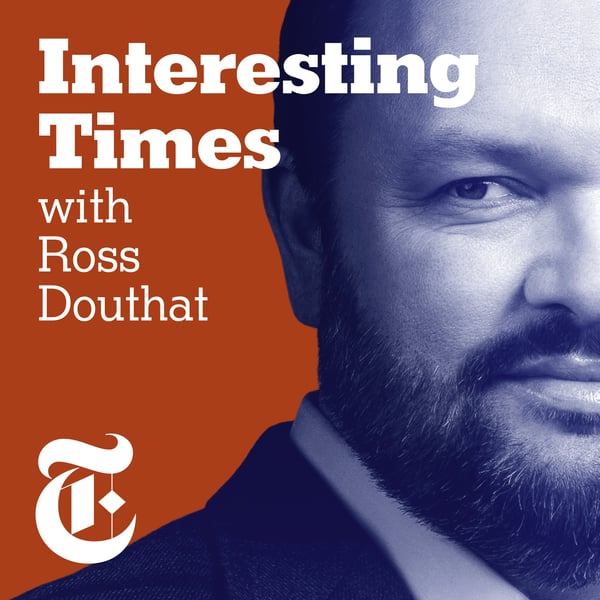Why Do We Still Change Clocks Twice A Year?
Matter of Opinion
New York Times Opinion
4.2 • 7.2K Ratings
🗓️ 3 November 2021
⏱️ 35 minutes
🧾️ Download transcript
Summary
Transcript
Click on a timestamp to play from that location
| 0:00.0 | Today on the argument, everyone hates daylight saving time. |
| 0:07.1 | Or do they? |
| 0:11.0 | As you will likely learn on November 7th when your oven clock is suddenly wrong, or maybe |
| 0:16.1 | that's just me, clocks in most of the United States will fall back an hour, plunging |
| 0:20.5 | us into darkness for the next four months, until we change them back again. |
| 0:25.5 | It's never ending, cycle. Much like time itself. |
| 0:30.5 | I'm Jane Kiston. Personally, I find the clock switches pretty annoying. It's disorienting. |
| 0:36.5 | And I know it can be a nightmare for my friends who are parents. |
| 0:39.8 | But what didn't I know? |
| 0:41.7 | Daylight saving is a wildly contentious issue, with some truly high stakes. Also, yes, it's |
| 0:48.7 | saving without the S. You learn something new every day. It's getting Senators Marco |
| 0:53.8 | Rubio and Ed Markey to actually agree on something. The Sunshine Protection Act, a build |
| 0:58.4 | or make daylight saving time permanent. Which, by the way, 19 states already have on |
| 1:03.5 | tap. |
| 1:06.3 | Today, our guests represent opposite sides of this debate. First off, a neuroscientist |
| 1:11.1 | in favor of permanent standard time. |
| 1:13.8 | Standard time is determined by the rotation of our Earth. And it also is optimally phased |
| 1:23.7 | to correspond to biological clocks. |
| 1:27.7 | Dr. Joseph Takahashi says standard time. What we're falling back to is much better for our |
| 1:33.7 | health. His professor and chair of the Department of Neuroscience at the University of Texas |
| 1:38.8 | Southwestern Medical Center. Dustin Bueller is an adjunct professor at the Wilanette University |
| 1:43.9 | College of Law. He also serves as the general counsel for the governor of Oregon. His preference |
... |
Please login to see the full transcript.
Disclaimer: The podcast and artwork embedded on this page are from New York Times Opinion, and are the property of its owner and not affiliated with or endorsed by Tapesearch.
Generated transcripts are the property of New York Times Opinion and are distributed freely under the Fair Use doctrine. Transcripts generated by Tapesearch are not guaranteed to be accurate.
Copyright © Tapesearch 2025.

